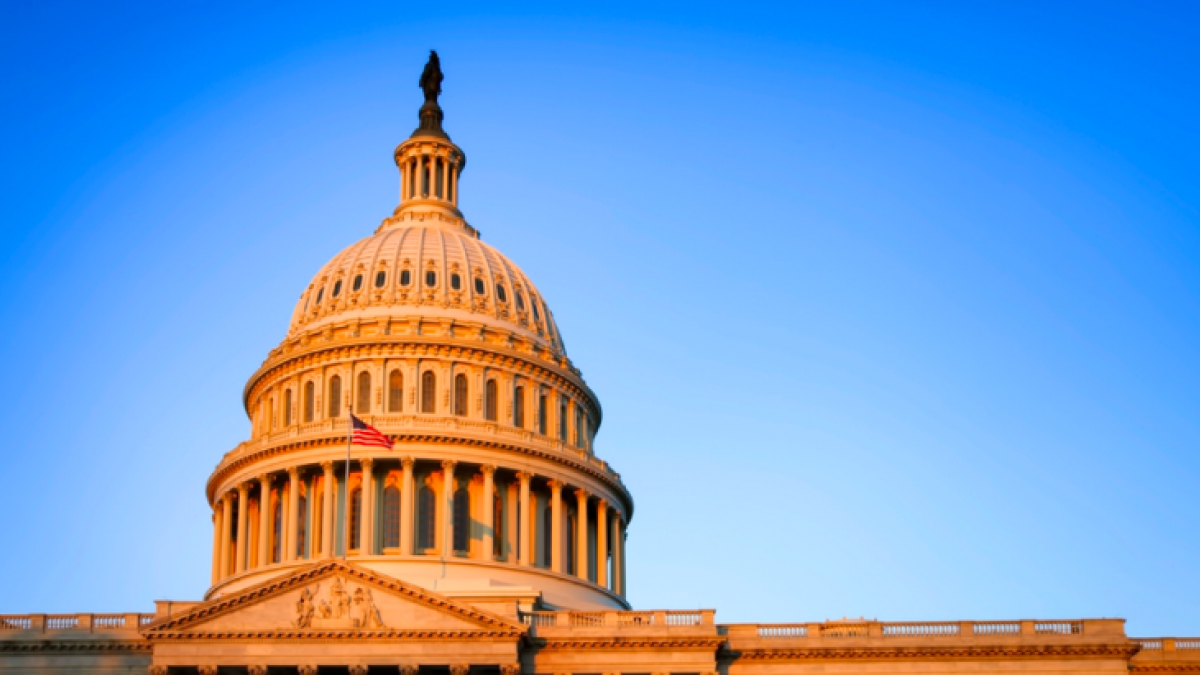Kustoff, Cotton, Blackburn Introduce Bill to Restrict Chinese Nationals from Exploiting U.S. Technology

Protects the United States’ National Interests
Washington, D.C. — Today, Congressman David Kustoff (TN-08) joined Senators Tom Cotton (R-Arkansas) and Marsha Blackburn (R-Tennessee) to unveil the SECURE CAMPUS Act. This legislation would prohibit Chinese nationals from receiving visas to the United States for graduate or post-graduate studies in STEM fields.
"Student visas should be only for those who want to contribute to our research institutions and advance our national interests. Unfortunately, China's Communist Party has been exploiting our universities to spy and steal our technology for far too long. This bill will put an end to this abuse. I am proud to introduce this legislation with my friends Senator Cotton and Senator Blackburn that will help safeguard our nation's national security," said Congressman Kustoff.
"The Chinese Communist Party has long used American universities to conduct espionage on the United States. What's worse is that their efforts exploit gaps in current law. It's time for that to end. The SECURE CAMPUS Act will protect our national security and maintain the integrity of the American research enterprise," said Senator Cotton.
"Beijing exploits student and research visas to steal science, technology, engineering and manufacturing secrets from U.S. academic and research institutions. We've fed China's innovation drought with American ingenuity and taxpayer dollars for too long; it's time to secure the U.S. research enterprise against the CCP's economic espionage," said Senator Blackburn.
The SECURE CAMPUS Act:
- Bars People's Republic of China (PRC) nationals from receiving student or research visas to the United States for graduate or post-graduate studies in STEM fields.
- The legislation provides a waiver for members of religious or ethnic groups systematically oppressed by the Chinese Communist Party (CCP).
- The legislation also provides the President with a national security waiver on a case-by-case basis.
- This prohibition does not apply to visa applicants from Taiwan or Hong Kong.
- Prohibits PRC nationals and participants in China's foreign talent recruitment programs from receiving or working on federal R&D grants in STEM fields.
- Requires universities, laboratories, and research institutes receiving federal funding to attest that they will not knowingly employ participants in China's foreign talent recruitment programs.
- Mandates that participants in China's foreign talent recruitment programs register under the Foreign Agents Registration Act.
- Expands the definition of "economic espionage" under U.S. Code to more accurately reflect the range of institutions that the CCP uses to steal technology from t the United States.
- Mandates that the Secretary of State develop and publish a list of China's foreign talent recruitment programs.